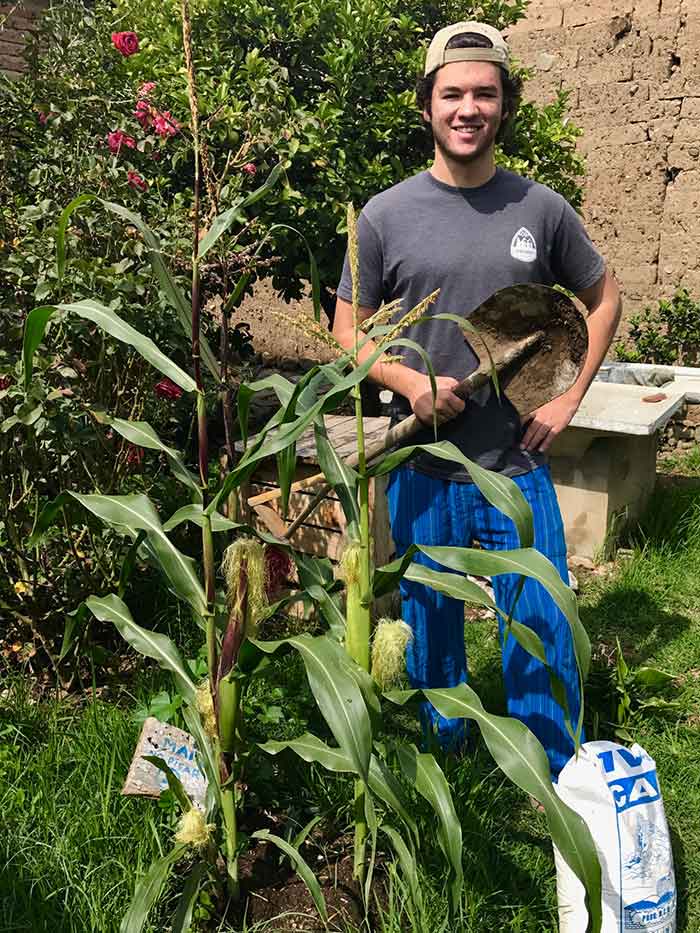Cochabamba is a city in Bolivia known for its water. Ever since the 2001 Water War, the struggle for fair access to water enveloped the city in a brutal back and forth between national police and citizen brigades. In fact, Cochabamba’s Water War is one of the only examples of a united populace forcing the de-privatization of a public good since the 1980s, when global institutions started enforcing neoliberal policies in developing countries. Fundación Abril, an organization that fights for water and sanitization for all, was both birthed from the Water War and named for it — Abril meaning April as that was the last month of fighting in 2001 before the water was given back to the people. Oscar Olivera founded the Fundación after serving as the face and voice of the popular revolt. This context has been key to my experience volunteering for Oscar and Fundación Abril.
Fundación Abril’s main goals are to increase access to clean water as a common good and to collectively support labor and community. This mission takes many shapes, from rainwater catchment in schools without running water to urban gardens and workshops on organic farming. As a volunteer, I have been lucky enough to work on a variety of the small projects that make up the Fundación’s larger vision: I have helped students harvest vegetables in their own school garden, poured cement for water tank construction and translated grant applications from Spanish to English. No day is average; I enjoy running around to different parts of the city. I have been able to meet incredible people and discover a new set of passions because I have such a diverse portfolio of responsibilities. I think the breadth of Fundación Abril’s vision comes from its origins. After the Water War, how could one separate a community’s connection to the land from their resistance to foreign corporate interest? The Water War brought seemingly disparate issues into scope as part of the same wider conflict.
Having studied the Water War, working with Oscar has felt like working alongside a piece of history. But the vibe in our office has always been one of equal partnership. I am just a volunteer, but the staff at Fundación Abril has made me feel included from the beginning. On my first day, I walked in on a meeting with Fundación’s leadership, so I asked if I should sit outside until it was over. They told me to pull up a chair and listen. Everyone there understands that we need to work side by side in order to achieve the organization’s ambitious goals.
My time at Fundación Abril has taught me that the mission and intention of who I work for is more important than organizational resources or size. It’s a question of values, and I finally understand where my values lie. I will always choose listening before speaking, local activists before foreign NGOs, and on-the-ground solutions before worldwide plans. I guess I can add that to the long list of things I am taking away from my Bridge Year experience. At Princeton, I will be sure to incorporate what I learned from Oscar and Fundación Abril into what I choose to study and pursue.







